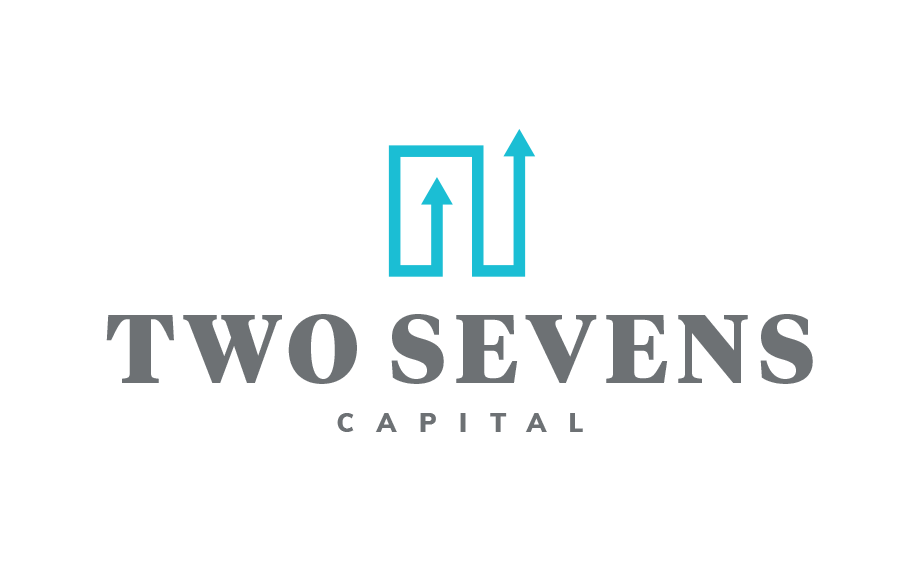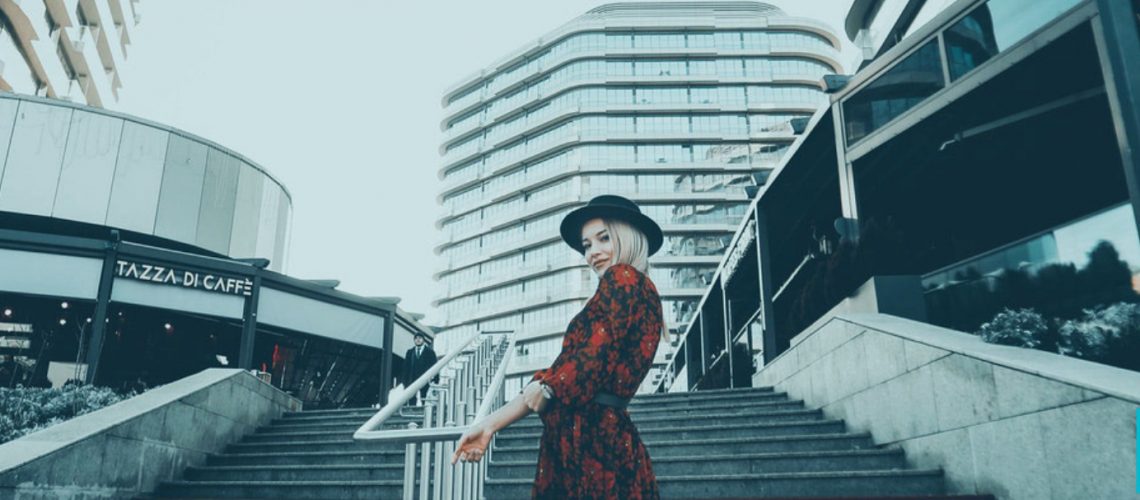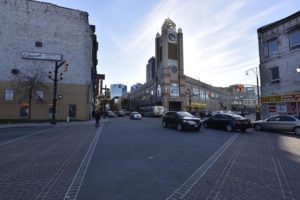Between conversations with friends and constant activity updates on LinkedIn, it’s easy to see Millennials three-to-ten years out of school are finally starting to advance far enough in their careers to be earning good incomes, and increasing their investable net worth’s.
Whether you’re a highly paid professional, a young tech star cashing in your options after your start-ups’ IPO or have been saving rigorously from your parent’s basement you may be quickly approaching a point where hoarding your cash in your TFSA and savings account is no longer considered prudent. If you fall into one of those categories, or even if you don’t, you’ve probably been “victim” to at least one of these situations:
1.Mom & Dad’s Financial Planner
Typically, depending on the level of transparency you have with your parents (or their investment representative) you’ve probably been contacted by a financial institution to come into the office and speak with an advisor. Yes, this may be an excellent first step to moving your cash into more productive investment vehicles, but the banks, insurance companies, and fund companies may lead you to believe that their investment solutions are the “be-all-and-end-all” to your financial needs. Armed with mutual funds, buzzing technology stocks, and bonds for your rainy days…. how could you go wrong?
2. The Robo Advisor
Have you ever googled something to do with finance and had your Instagram instantly bombarded with emotional Wealthsimple ads? You’re not alone, as the most popular Robo advisors have excellent marketing campaigns.
Robo platforms like Wealthsimple attempt to simplify investing for “newbies” and veterans alike, making it easy to move money from large financial institutions, sign-up within minutes and have your account funded and invested almost instantaneously. There is no doubt that the User Interfaces of these online investment and trading solutions are sophisticated, fast, and easy to use.
Can the same be said about their actual investment products?
Their underlying investment offerings are usually built with passively-managed, low-fee ETF’s (Exchange Traded Funds) and blue-chip stocks (think Amazon, Walmart, TD-Bank etc.). These products can definitely be an excellent alternative to an over-diversified mutual fund, or your Financial Advisor’s model portfolios, and they can cost significantly less – perhaps the Robos are the lesser of many evils…
The Issues…
It’s not that you shouldn’t use your bank’s services or robo advisors to invest your money or plan for your future. These channels are viable sources of investment management and when effectively used, these platforms can be a powerful tool.
1.One-Size-Fits-All
These products/services are pitched as a total package. A one stop shop to a “better-future” or a “better-life”. They are designed to leave a lasting impression that the “3-7%” you may earn each year (before fees, and if all goes well) will be enough for you to live your instagrammable lifestyle in perpetuity.
These platforms sell you a one-size-fits-all solution to your investment needs. Whether your goals include saving for a house, saving for a horse, or wanting to go to Ibiza for a month. They help you to develop a plan, sell you some of their “original products”, set your portfolio and forget it. It’s all pretty vanilla when you strip it down.
Though the biggest mistake one can make is not participating in the market, these solutions can have you paying unnecessary fess and leaving your investment expectations underwhelmed.
2.Wealth Management vs. Wealth Creation
If we asked you to list five people who became wealthy from investing in traditional investment vehicles i.e. the stock market, could you?
I bet you would find it extremely difficult. The reason for this is because, most wealth is not created by holding a diversified basket of publicly traded securities. It’s predominantly created in concentrated positions held in private investments, created by entrepreneurs and the various enterprises that they run and grow.
Let’s look at the worlds richest as of 2018 (forbes.com)
Net worth (USD – In Billions)
- Jeff Bezos – $112 B
- Bill Gates – $90 B
- Warren Buffett – $84 B
- Bernard Arnault – $72 B
- Mark Zuckerberg – $71 B
These individuals typically created and compounded the bulk of their wealth BEFORE their businesses were listed on the public markets – Warren Buffett being the anomaly in this case. The exchanges simply provided them with a scale of liquidity that allowed them to access their concentrated wealth that had been created first when their businesses were private structures.
The second issue with the offerings marketed by the banks, insurance companies, and robo advisors is that they only typically offer you investments built on public market securities – this simply means they are exchange traded, and their price is determined by the ebbs-and-flows of the short-term voting machine that is the general market.
If you were to really accelerate your wealth, it is almost impossible to do it consistently through one of these mediums.
Therefore, to increase your chances at generating wealth one must consider the merits of actively participating in private market assets.
But how does one get exposure to these securities?
For starters, unless you’re what the regulators deem as an “accredited investor” (meaning you need to meet certain income and net worth minimums) you may generally not be allowed to participate in private market investment. Making it difficult for lower income individuals to accelerate their wealth through concentrated investing.
Although, with recent legislation changes, the provincial securities regulators across Canada have recognized the general public’s interest in private market assets, and has provided exemptions for non-accredited investors to participate in these wealth-creating markets.
To conclude, talking with a financial advisor, or signing up with an online trading platform to begin your investment journey is probably a good idea. These services will help you along the path to developing positive financial habits. Although, if you really want to redefine your wealth, it might make sense for you to consider investing in vehicles that provide direct private investment in income AND growth-oriented opportunities. For example, a private real estate investment trust, hedge fund or a crowd-funded venture opportunity.
Ask your investment professional about the benefits of private or alternative investment products, and what types of these investments you qualify for and might be suitable for you. If he or she can’t help, perhaps we can…
Have you repeatedly crystallized significant gains in your publicly-listed stock portfolio, month-over-month, and year-over-year? Let us know in the comments below!






